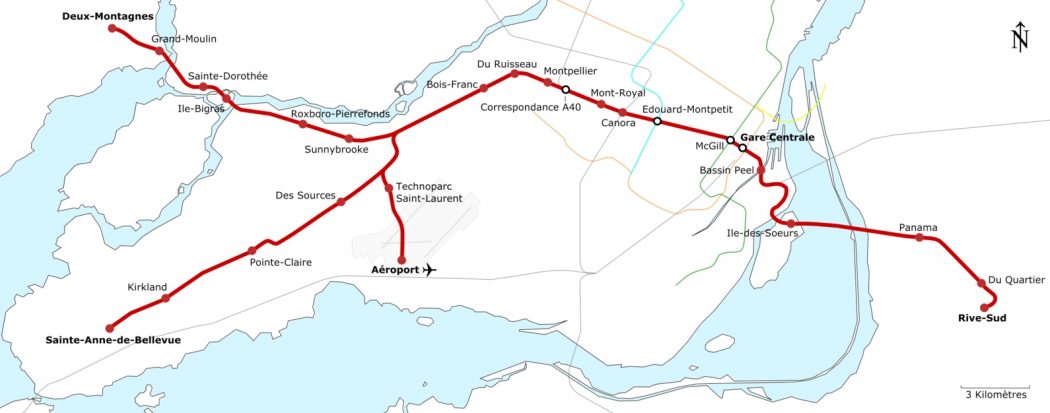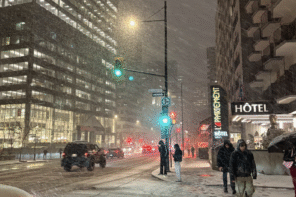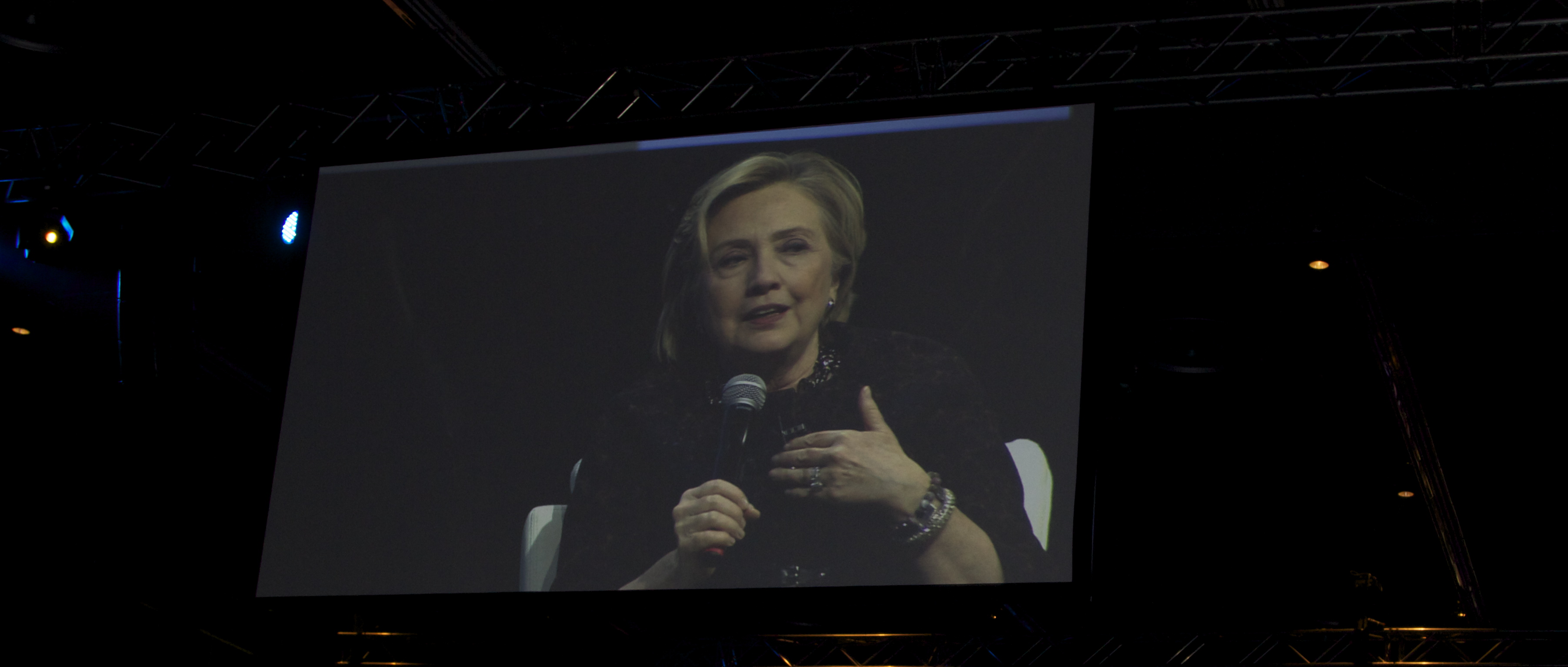Montreal is a diverse city, filled with people from all different kinds of backgrounds and styles of life. The beauty of big cities like Montreal and Toronto is that people can easily connect to each other and relate, despite any cultural differences. And here in Montreal, everyone has the same opinion on one thing: the construction scene sucks.
Construction itself is not what causes frustration. Construction on roadways and public spaces represent innovation and an effort by the city to continue to increase our already high standard of living. Examples of those include the reopening of the Biodome in Spring of 2020 and the consistent improvements made to Old Montreal. However, the problem is that at times, it feels like the city is just mindlessly contracting projects without allowing the current ones to finish. Just take a look at this map that MTLBlog put up at the beginning of the summer to warn Montrealers of the bleak outlook of intercity travel.
Using light-rail transportation technology, it is projected to slash commuting times across the city, solving the ever-present problem of traffic congestion within the city.
Amidst all of this construction, yet another project has started, one that is larger in scale than all the others: the Reseau-Express-Metropolitan, or REM for short. The REM is a $1.3 billion transportation project, aimed at connecting the island of Montreal to the surrounding residential and municipal areas. Using light-rail transportation technology, it is projected to slash commuting times across the city, solving the ever-present problem of traffic congestion within the city.
In theory, all of this sounds good. While costs are now projected to exceed the initial estimate, the REM will no doubt provide immeasurable value in the future for both work and commute efficiency. If we wait for just a bit longer, Sherbrooke may no longer be a constant traffic jam and maybe, just maybe, the buses will arrive on time.
But there are still so many ‘maybes’ surrounding this project. For one, the REM is set to be partially operational by the summer of 2022. Early signs seem to show that construction will remain on course, but construction in Montreal always seems to be delayed. This is especially true in high traffic areas, and with the projected construction of a station on McGill College Avenue, it may take significant time before workers can make any headway.
Another heavy traffic area that will be affected by REM construction is the Mount-Royal tunnel. In fact, the Mount-Royal tunnel will be closed down entirely until 2022 to allow for construction. This means catastrophic traffic delays for nearly 18,000 who used that tunnel for their commute, and that other Metro stations will have to absorb all the additional traffic. All these issues would culminate to slow down business around the city by a significant margin.
Montrealers are also taking issue with the fact that the REM is moving away from Park-and-Go lots and towards enabling ease of access to a larger variety of users. While this would be consistent with Montreal’s vision for making public transportation more green, it would inconvenience a large number of employees who still use their cars to commute part of the way.
If people are being inconvenienced by having to take public transportation to access the REM, is the REM really fulfilling its purpose?
On the one hand, climate change mandates have changed across Canada, especially in the bigger cities like Montreal. This means that city governments are being pressured to make green, environmentally-conscious innovations. However, the primary goal of the REM is to enable fast, convenient commuting for workers coming in and out of the island. If people are being inconvenienced by having to take public transportation to access the REM, is the REM really fulfilling its purpose?
So there are two possible realities. Either the REM will be remembered as a project that was key in innovating transportation across the city and improving the quality of life, or it will be remembered as the project that took “forever” and made commuter lives a hassle for the entire duration. In either one, it is safe to say that one thing will remain constant: the construction scene in Montreal is ever-present, with much to live up to.








